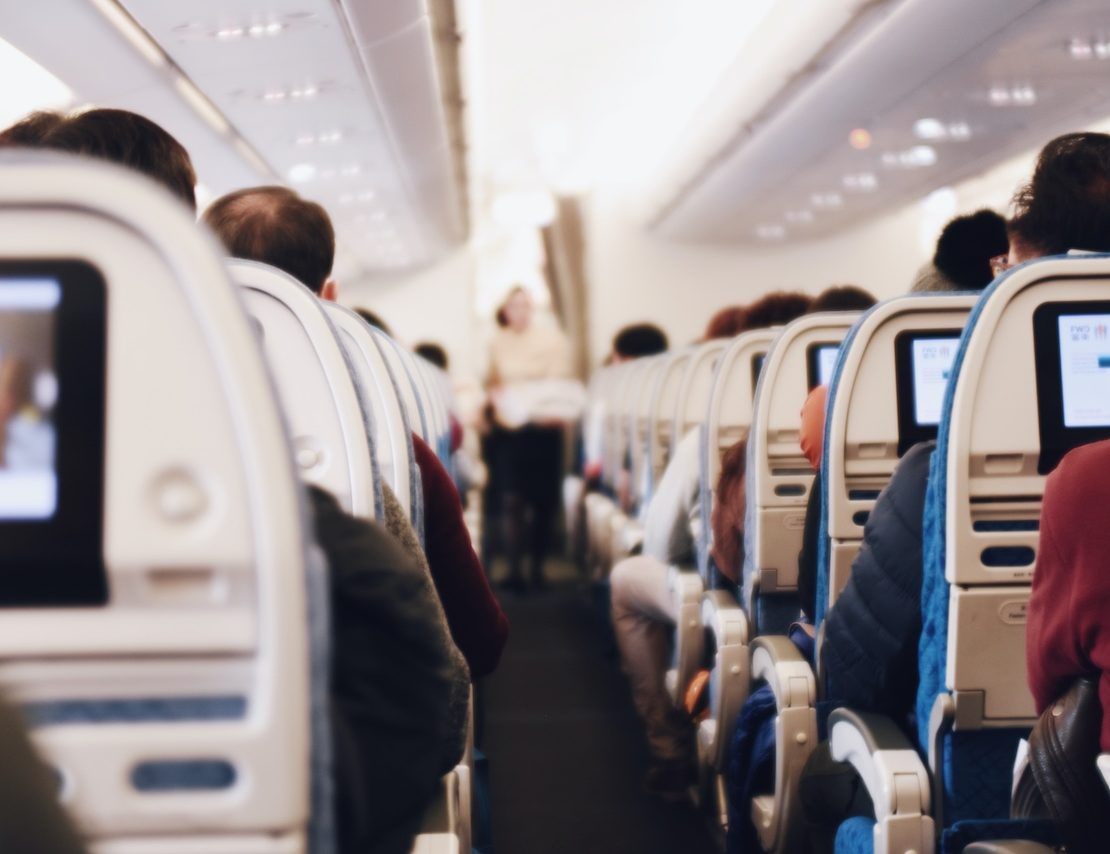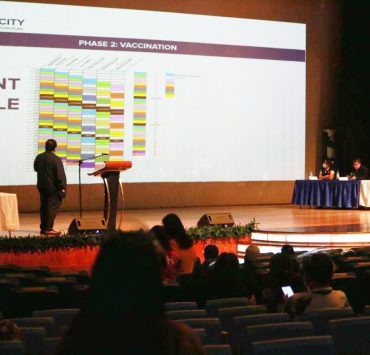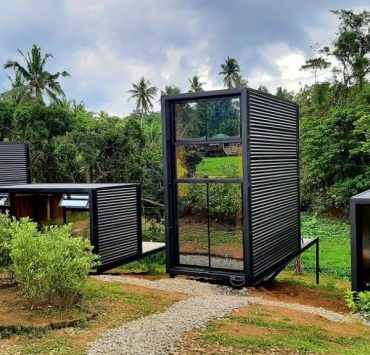If you have relatives or friends arriving in the Philippines next month, be sure to inform them of the government’s new set of guidelines for testing and quarantine. On Jan. 27, presidential spokesperson Harry Roque announced that the Inter-Agency Task Force for COVID-19 (IATF) will be implementing new rules for people allowed entry into the country starting Feb. 1.
JUST IN: Presidential spokesperson Harry Roque: The Inter-Agency Task Force on January 26, 2021 adopted the following testing and quarantine protocols, effective February 1, 2021, for all persons who shall be allowed entry to the Philippines. | @JMAurelioINQ pic.twitter.com/hxCV9JJcvV
— Inquirer (@inquirerdotnet) January 27, 2021
No home quarantine
Instead of immediate testing, passengers will be required to undergo a mandatory facility-based quarantine for five days upon arrival. The RT-PCR test will be conducted on their fifth day, unless they show signs or symptoms of COVID-19 earlier.
READ: IATF Resolution 96 detailing new testing and quarantine protocols for people to be allowed entry into PH, postponement of easing of age-based restrictions, and PH COVID-19 Vaccine Information Management System. | @JMAurelioINQ pic.twitter.com/GWaj8WJ64c
— Inquirer (@inquirerdotnet) January 27, 2021
Transfers for COVID-19 negative patients
Passengers who test negative for COVID-19 will be allowed to quarantine for the rest of the 14-day period at their respective destinations. If a negative test is issued, the IATF will arrange the passenger’s transfer through an endorsement to the local government unit (LGU) of their destination.
There will be no home quarantine for transferred passengers, either. The rest of the 14-day period must be completed in a government-approved quarantine facility under the strict monitoring of the LGU involved.
Roque: Arriving passengers, regardless of their origin, shall be required to undergo facility-based quarantine upon arrival. | @JMAurelioINQ
— Inquirer (@inquirerdotnet) January 27, 2021
The announcement comes on the heels of reports that a new COVID-19 strain has entered the country. The more infectious UK-variant of the virus was first detected when a Quezon City resident arrived from Dubai after a business trip, where he tested negative for COVID-19 prior to departing.




